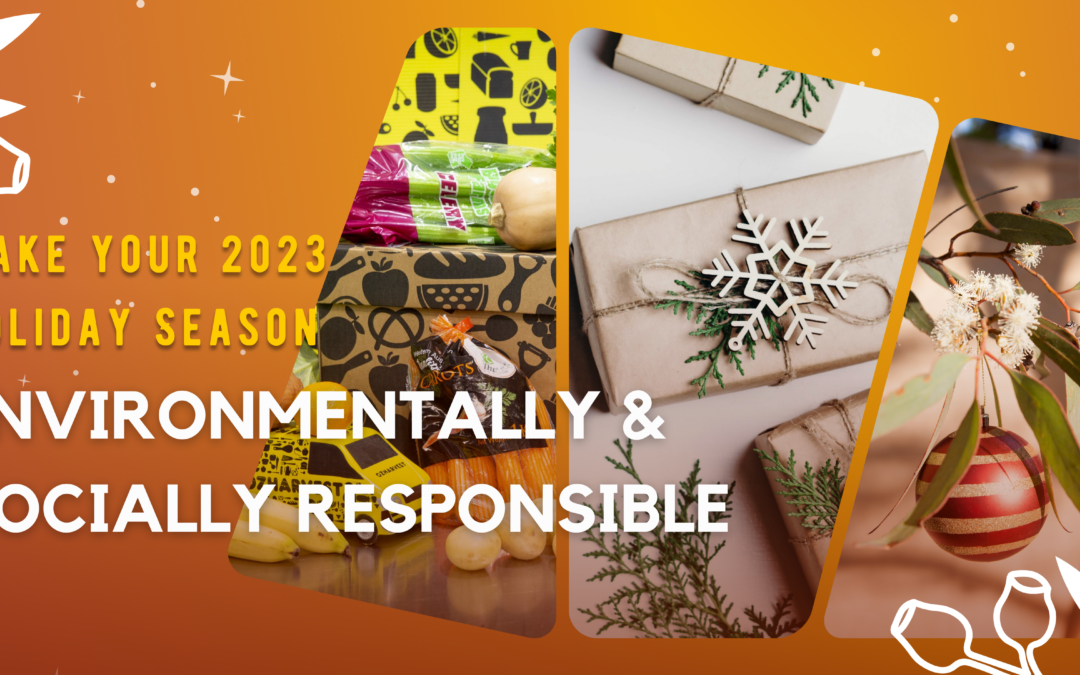Amidst the bustling holiday season, pause for a moment to contemplate your purchases. Consider the materials utilized, the manufacturing process, the individuals involved, the production location, and the packaging and shipping methods. This thoughtful reflection leads to more informed and conscientious choices. In our final Insight for 2023, ISPL is delighted to share our top recommendations for fostering an environmentally and socially responsible holiday season.
Shop Locally
Shopping locally entails backing producers, farmers, small manufacturers, and artists within your immediate community. This can be done by supporting your local corner shops, exploring farmers market, or purchasing from local business via online platforms. This approach allows you to ask questions about how the product. Shopping locally helps to reduce emissions from shipping, minimises waste, and supports the local economy and communities (BizCover, 2020).
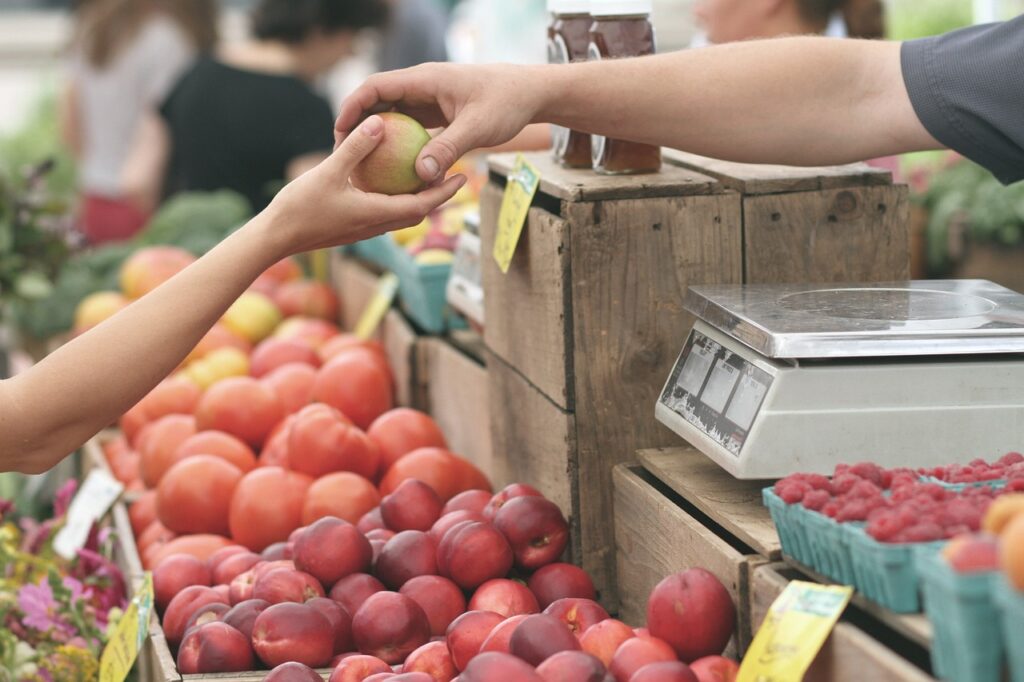
Sustainable Gift Giving
Choosing sustainable gifts is about considering the materials used, how they are made, who made the item, where they were made, and the packing method. Sustainable gifts encompass a variety of options, such as donations, experiences, upcycling second-hand items for presents, and choosing items made from reusable/ recyclable materials. Another eco-friendly option is creating handmade gifts (Sustainability Victoria, 2023).
For instance, if candles are part of your festive traditions or chosen as gifts, it’s worth noting that many candles are crafted from paraffin wax derived from petroleum sources (Our Endangered World, 2023). In this scenario, an environmentally conscious alternative could involve opting for alternatives made from soybean, beeswax, or coconut oil (Kamprad, 2020).
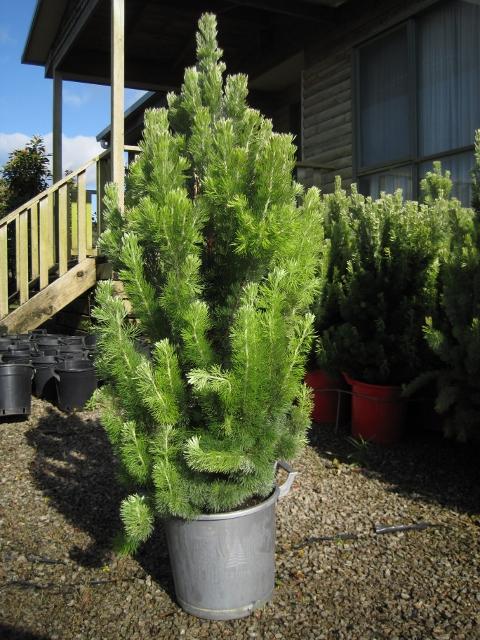
Decorating and Wrapping Alternatives
Could you use a live tree? Live trees are biodegradable and recyclable (Sustainability Victoria, 2023). On the other hand Plastic trees, while reusable, typically end up in landfills (Maier, 2023). An alternative options gaining popularity in Western Australia is the Albany Wooly Bush (Adentanthos Sericeus), now widely sold as a native potted Christmas tree. When choosing decorations, think about choosing ones crafted from natural or recyclable materials or better yet, create your own. Making your decorations not only adds a personal touch to your holiday celebrations but also allows you to contribute to sustainability. You can make your decorations with natural items such as sticks and twigs from local parks, shells from the beach, gum leaves or gum nuts, or
anything produced in nature can incorporate a green look into your holiday décor. Websites like NaturePlayWa have detailed instructions on utilising these decorations: https://www.natureplaywa.org.au/nature-based-christmas-craft/.
Afterwards, they can be recycled, composted, or kept and used again for the following year.
Did you realise that most gift-wrapping paper is non-recyclable? This is attributed to the production methods, dyes, and additives incorporated to achieve specific shining effects (Reuseable Planet, 2022). Moving to recyclable wrapping paper or opting for reusable alternatives like gift bags, furoshiki cloth, or children’s drawings for wrapping presents offers a distinctive and eco-friendly approach. Additionally, the chosen wrapping can serve as a bonus cloth for the recipient to utilize.
Moreover, rather than opting for traditional cards to convey season’s greetings or accompany your gifts, consider making the switch to e-cards to reduce paper usage. Similarly, if you intend to give gift cards, choosing e-gift cards contributes to the conservation of paper and plastic.
For table decorations like bon bons, seek out options that are recyclable and contain reusable items. Alternatively, you can craft your own bon bons using recyclable materials like cardboard or poster paper, filling them with homemade trinkets. Shockingly, approximately 40 million bon bons are discarded annually, with the majority composed of non-recyclable materials (Benson, 2019).
Reducing Food Waste
You can reduce your food waste by planning what you will cook for the week, writing a list and only getting what you need. If you’re hosting an event, opting for a potluck-style gathering that allowing guests to bring their own dishes and to take the leftovers home. It helps reduce the amount in your own fridge and the amount that might go into the bin. Freezing your leftovers gives you enough time to consider what else to make with it over the next few weeks. If you have over catered there are food rescue organisations such as OzHarvest that can assist with delivery surplus food to charities.
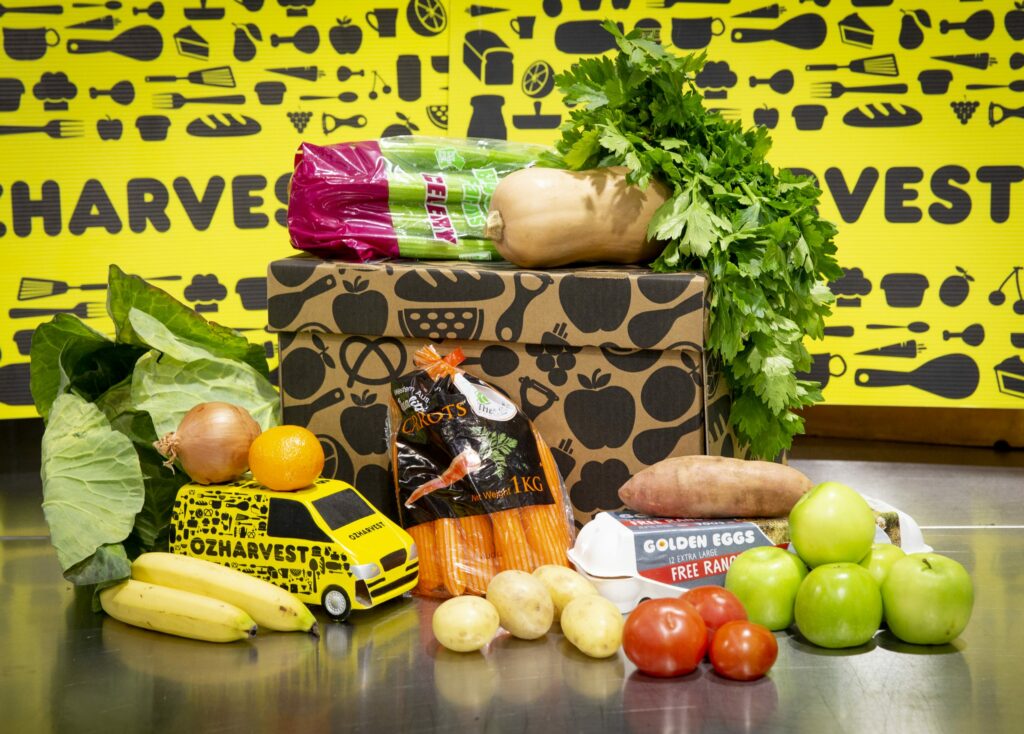
Disposal Dinnerware Alternatives
Single use plastics are now being phased out under WA’s Plan for Plastics (DWER, 2021). If you intend to use disposable dinnerware, contemplate options like recyclable, reusable, or compostable cutlery, plates, straws, and cups. Materials such as bamboo, wood, or sugarcane are readily accessible at many grocery and party supply stores, as well as through companies like BioPak. ISPL wishes everyone a safe and happy holiday season.
We will be closed from the afternoon of December 22nd to January 8th.
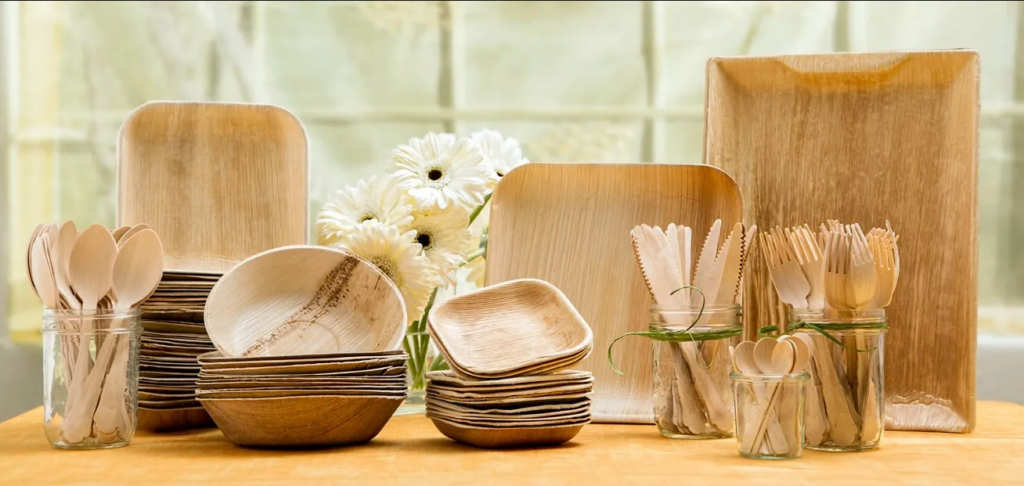
References
Benson, I. (2019, December). HOW TO CHOOSE SUSTAINABLE CHRISTMAS CRACKERS. Retrieved from resource.co: https://resource.co/article/how-choose-sustainable-christmas-crackers
BizCover. (2020). The Importance of Shopping Local this Christmas: How you can make a difference . Retrieved from bizcover.com.au: https://www.bizcover.com.au/the-importance-of-shopping-local-this-christmas-how-you-can-make-a-difference/
DWER. (2021). Western Australia Plan for Plastics. Retrieved from https://www.wa.gov.au/system/files/2021-06/WA%27s%20Plan%20for%20Plastics.pdf
Maier, A. (2023). The best ways to have a more sustainable Christmas . Retrieved from Time Out Melbourne: https://www.timeout.com/melbourne/things-to-do/ways-to-have-a-more-sustainable-christmas
Our Endangered World. (2023, July). Is Paraffin Wax Bad for the Environment? Retrieved from www.ourendangeredworld.com: https://www.ourendangeredworld.com/is-paraffin-wax-bad/
Reuseable Planet. (2022, December). Reusable Planet Blog: The War On Wrapping Paper. Retrieved from Reuseable Planet: https://www.reusableplanet.com.au/blog/our-blog/the-war-on-wrapping-paper/
Sustainability Victoria. (2023). Shop sustainability for gifts. Retrieved from Sustainability Victoria: https://www.sustainability.vic.gov.au/recycling-and-reducing-waste/at-home/avoid-waste/shop-sustainably/gifts

